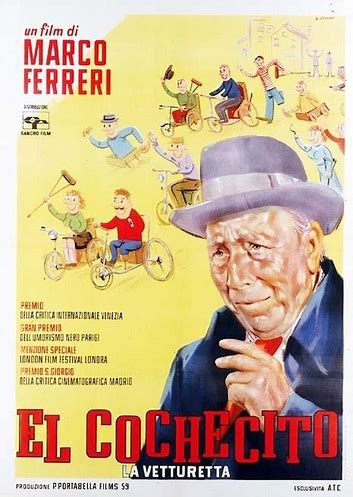Marleen Gorris’ A Question of Silence
remains a classic of political feminist cinema, endlessly stimulating and
debatable for all its inevitably dated trappings: three women, strangers to
each other and with little in common, spontaneously join together in brutally
killing the male owner of a clothing store; another woman, a psychiatrist, is
assigned to prepare a report for the court, and is unable to provide the
expected conclusion, that the women were insane (at least by some measure). This
isn’t a vigilante movie based in a whipped-up sense of righteous revenge (the
women aren’t violently abused by their partners for instance); the injustices
and imbalances underlying their actions are more subtle and systemic, rooted in
the basic structures and assumptions of work and family, sometimes seeming to
verge on the supernatural, particularly in the depiction of four other women
who witness the murder, and thereafter seem to be joined in some silent form of
communion (the sense of other-worldly possession bolstered by the highly
of-the-moment synthesizer score). Such devices may seem a bit overly emphatic
at times, but they’re a vital element of the prevailing sense of otherness, of
a text which can’t be contained by prevailing patriarchal norms and
expectations. It follows that the question of motive is never resolved (and
indeed is rendered almost comically inadequate, an attempt to impose an easy
narrative on an action which inherently resists that); a suggestion by the
prosecutor that the crime should be assessed no differently from, say, a murder
of a female shop assistant by three men strikes the women as so clueless that only
laughter can follow, rendering the proceedings morally void, if not legally so.
Inevitably, Gorris doesn’t arrive at a tidy conclusion, her film’s ending
suggesting further new alliances ahead, an ongoing need for breakage and
disruption.





